Best Cheap and Budget-Friendly Guitar Brands, Ranked by a Musician
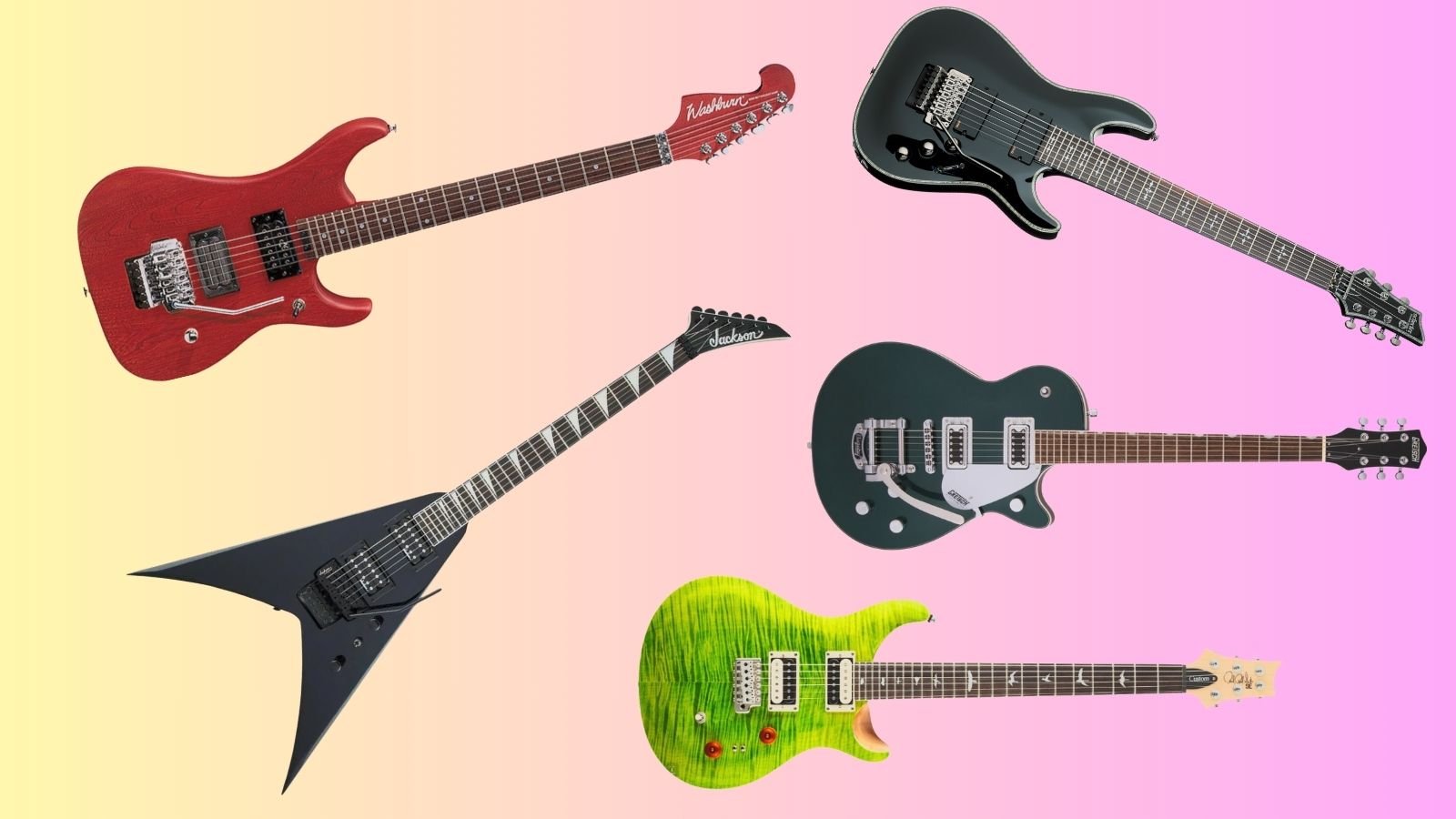
Finding a budget-friendly guitar can be extremely tough, especially if you are new to playing the guitar. There are a lot of options, and all these guitars appear pretty similar on the surface. However, being a music teacher myself, I’ve personally tested hundreds of guitars, and am here to provide you with an expert analysis on which ones you should consider if you are on a budget.
Before we discuss the brands themselves and the difficult choices that go into them, I would like to lay out a few ground rules to help you and all the other buyers who are looking to establish a good relationship with a guitar brand.
We’ve also covered the best guitar brands of all time, which aren’t the cheapest, but are worth a shot if you plan to take music as a serious profession.
What Makes a Good Guitar?
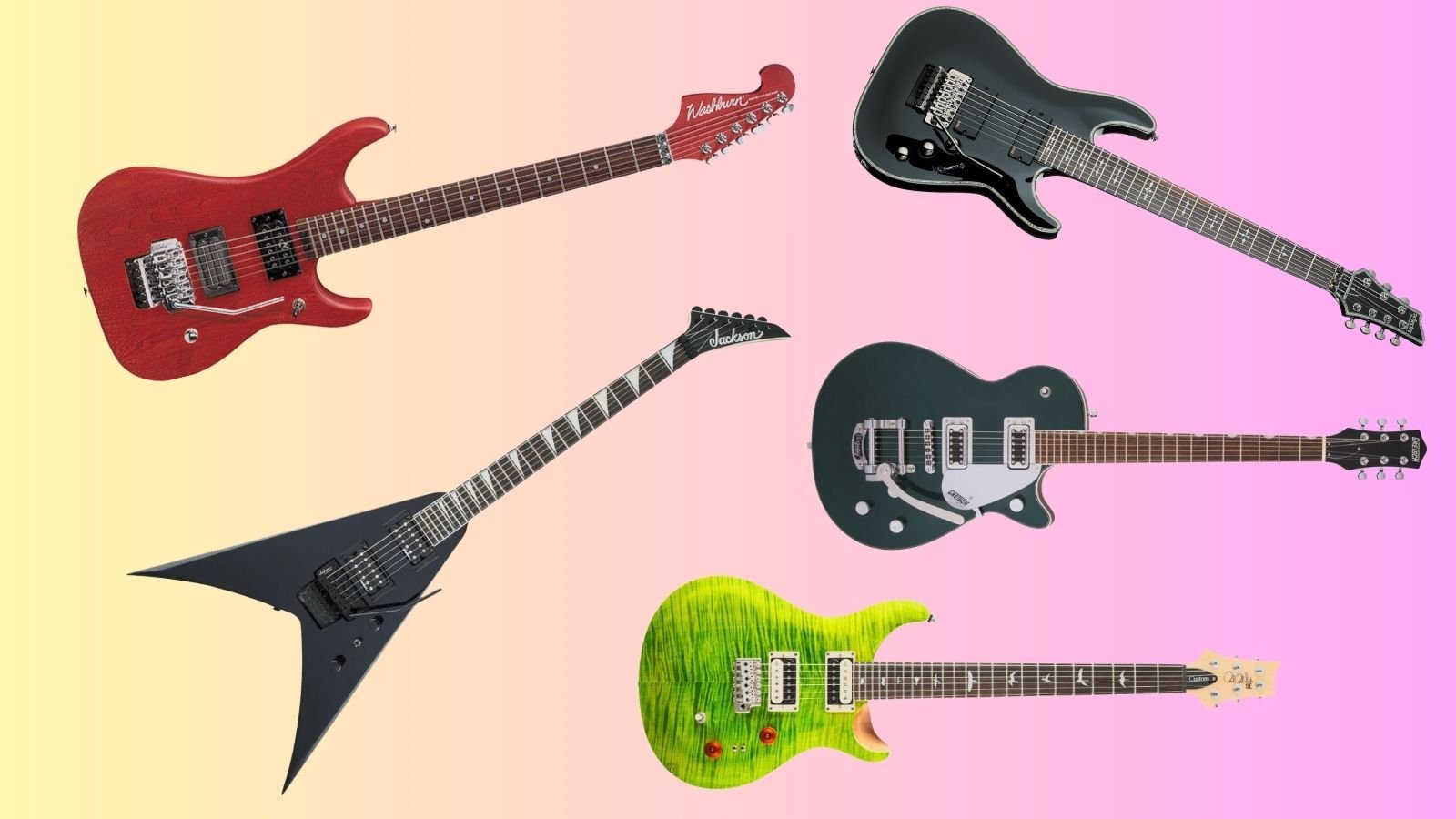
When I encourage my students to buy instruments, I like to ask them a question: what is the most important thing about buying a new guitar? Almost everyone universally responds with the same thing, “How it plays.”
That is a good idea, but no, it’s wrong. Almost any guitar will play perfectly well with the right setup, and when you go to a guitar store, the store knows this! Even the most respectable guitar stores cannot use man hours to set up every instrument, so they prioritize the higher-market instruments.
A more skeptical person than I would maybe think that they intentionally do not set up the budget guitars so that when you play the expensive guitars, you are blown away by how much better this 90s Fender Telecaster plays than this 2016 Mexican Squire. Creating a flux of value in the shop’s favor, leading you to make different purchases. I have been teaching guitar for over 20 years, and I think only a handful of my students have ever had one of their instruments set before coming to me for lessons — and even fewer realized that you could purchase a cheap instrument and with a little TLC, get something that is wicked.
Essentially, guitars are just a series of math problems: magnets pick up electricity, and they make the sound. Strings are a certain distance above or below. The neck needs to bow at just a precise angle, etc. A good luthier can solve those math equations, and almost every guitar can play as well as another.
This brings us back to the question: What is the most important thing about a guitar? Our answer is the color because that is maybe the only thing that you will never change about buying a new guitar. If you don’t like the color, don’t buy it because you won’t have to go through all the trouble of painting it.
It’s very important to remember that certain brands have a higher name cache than others, and that’s fine — but a Fender made in China may not have as much value as one made in the USA — even if the parts are identical, and the wood came from the same shipment, and they were made on the same CNC Machines, from the same patterns. This is incredibly xenophobic, of course, but I’m not here to change the global guitar market, only to explain it.
We provide this preamble only with the hopes that it will help you make better and more high-quality decisions about the instruments you purchase and play. Just because the brand may be recognizable to you, it may be made with lower-quality equipment or by lower manufacturing standards. If you look closely, you might be able to find a killer guitar that other players don’t value as highly because maybe it was made in Mexico. All of these decisions factor into your purchase.
1. Fender
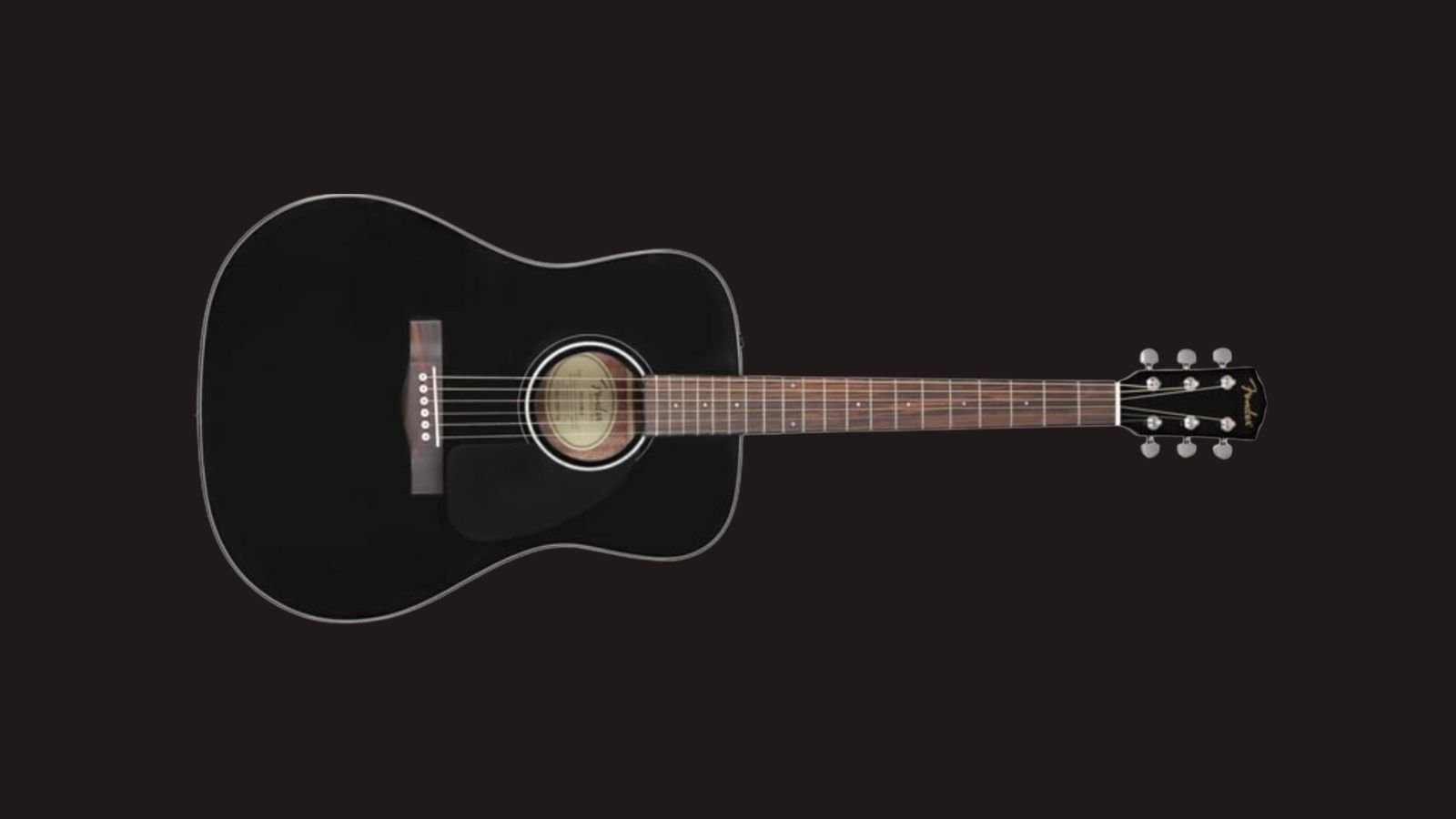
The granddaddy of all granddaddy guitar brands was founded in 1946 by Leo Fender. It revolutionized the industry of electric guitars. We can argue over who invented the original electric guitar all day long, but certainly, the first iconic electric guitar was Leo Fender’s Telecaster and then the Stratocaster.
I personally despise Stratocasters in this list of the best cheap and budget-friendly guitars. They’re just too small for my very wide shoulders and sit strangely on my body, so I’m much more comfortable playing the offset style of guitars, such as the Jazzmaster and my personal favorite, the Jaguar.
2. Gibson

Gibson was established in 1902 in Kalamazoo, Michigan by Orville Gibson, they have been a pioneering force in guitar manufacturing. They’ve produced legendary instrument designs such as the Les Paul, the SG, and the Black Beauty, among many others.
I was lucky enough to see an original run of SG before the name got changed. There was a time when the original SG was branded a Les Paul, but the story goes that Less didn’t like the association with devil horns because he was a very pious Christian man. So he changed the name.
My favorite of these guitars is the Les Paul Jr because I think there’s something just so great about having an instrument with only one pickup and two knobs on it. Limitations breed creativity, and I’ve had to do more interesting things with one pickup than I ever did with a five or 7-position switch, push-pull pots, or out-of-phase windings.
3. Taylor

1974 brought along the founding of Taylor guitars by Bob Taylor and Kurt Listug. They’ve been renowned for incredibly innovative designs and producing perhaps the highest standard of quality across acoustic guitars.
I don’t think there’s any arguing over Taylor guitars’ impact on the acoustic guitar. They may not make instruments as fine as a boutique manufacturer or handmade classical guitars, but they bring a standard of reliability and pure, unabashed tone quality that can take any Martin for its money.
4. Martin

1833, established by Christian Frederick Martin in Pennsylvania. Martin Guitars is one of the oldest and most respected manufacturers of acoustic guitars.
I don’t think you will ever forget the first time you saw an old Martin Hummingbird, but they are truly unbelievable. If you’ve ever been trapped in the back of a car on a road trip or tour, don’t sleep on their line of miniature travel guitars either; you know just how much fun you can have with those little machines.
I don’t love these instruments, and I think there is a huge gap in quality between the $300 and $2000 ranges. The little travel instruments are perfect, 10/10 fun machines, but I would never recommend that anyone buy a $700 Martin. Once you clear the high budget, however, there is no doubt that these are some of the finest acoustic guitars ever made, especially if you are looking for instruments made in the 1970s and 80s.
5. Ibanez
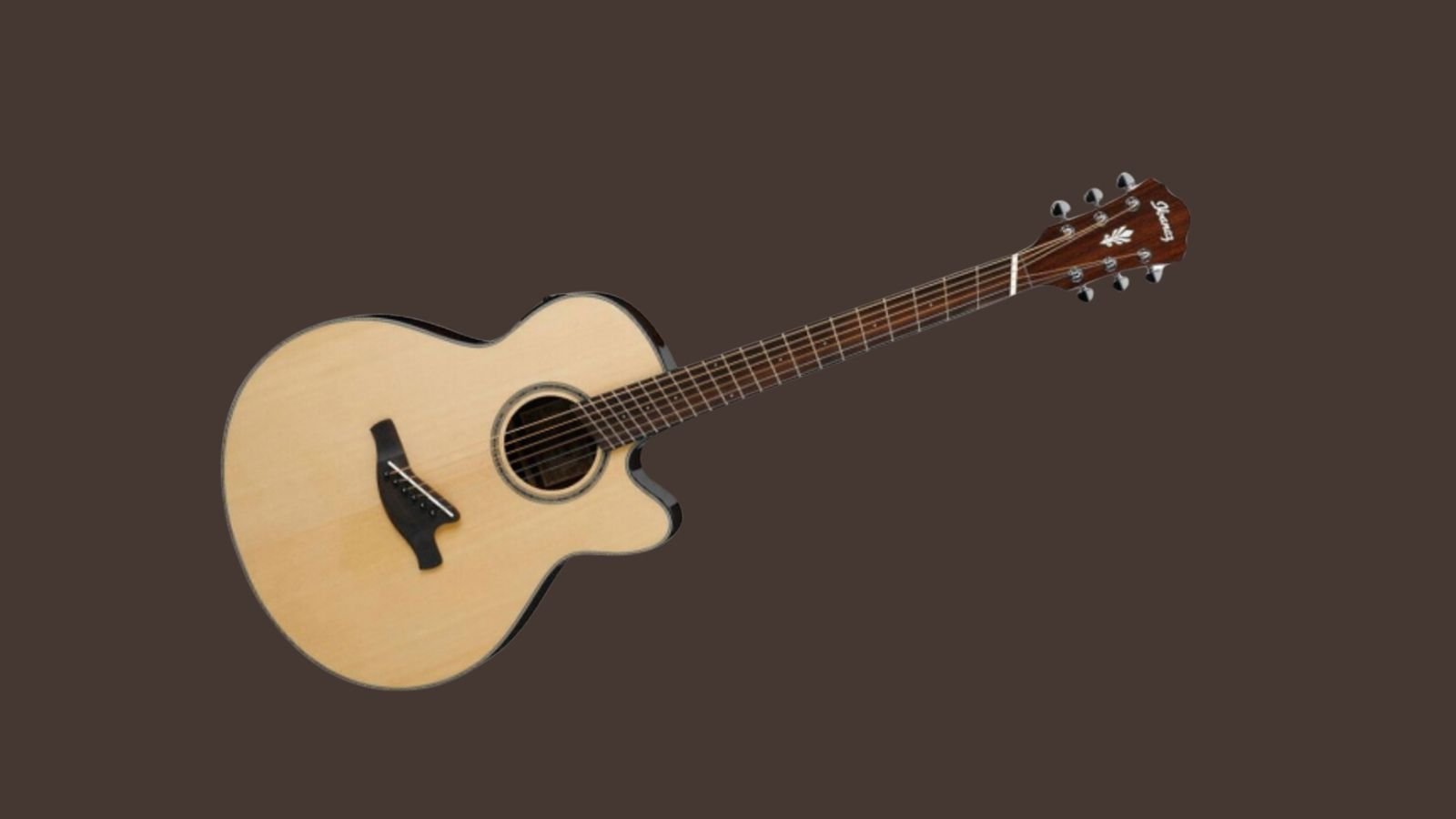
Starting as a humble sheet music store in Nagoya, Japan, in 1908, Ibanez only began producing guitars in the 1950s. They quickly rose to fame by offering exclusive partnership deals with guitar players from all different genres — just as likely to sponsor a private model from George Benson, Paul Gilbert, or Ben Monder.
I especially love the ‘70s and ‘80s knockoff era, when they would make essentially exact duplicates of Fender models but just in their small storefront in Japan. These instruments are often sorted out by touring musicians because they are relatively low cost compared to a boutique Fender from the 60s — but they play just as nice, and with a swap in of some new pickups, you have yourself a tremendous stage that does not only look cool and unique, but if something happens to it, you haven’t ruined a relic.
6. Yamaha
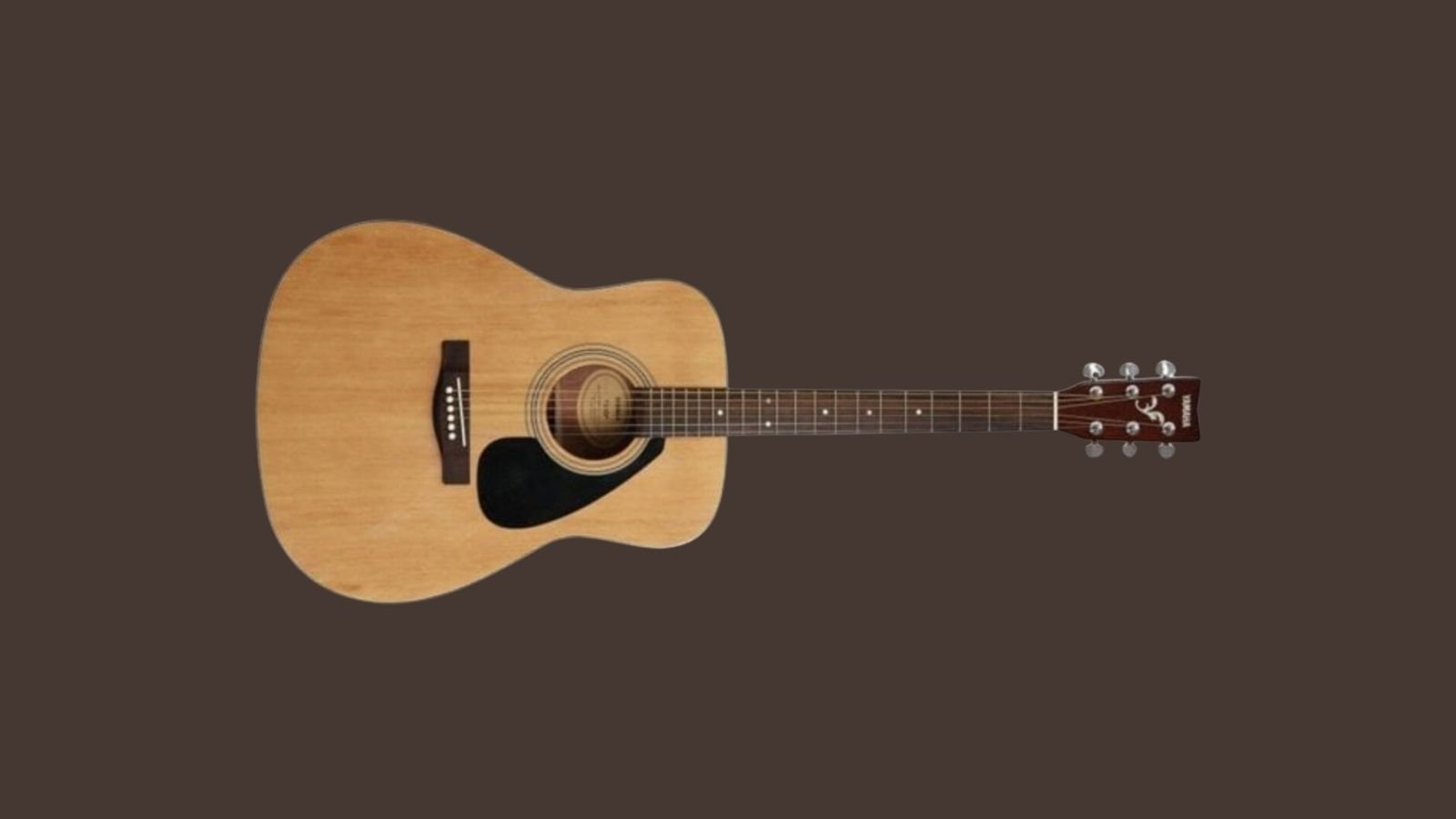
Talk about a company that can sell anything. Yamaha was founded in 1887 by Torakusu Yamaha as a piano and organ manufacturer in Japan. Right around the 1950s and 60s, they got into guitar making and started to sell an incredibly wide range of instruments.
You probably have seen their pianos, you have seen their guitars, and you also have probably seen some of their incredible construction equipment and motorcycles. Manufacturers are especially great student models.
7. PRS (Paul Reed Smith)
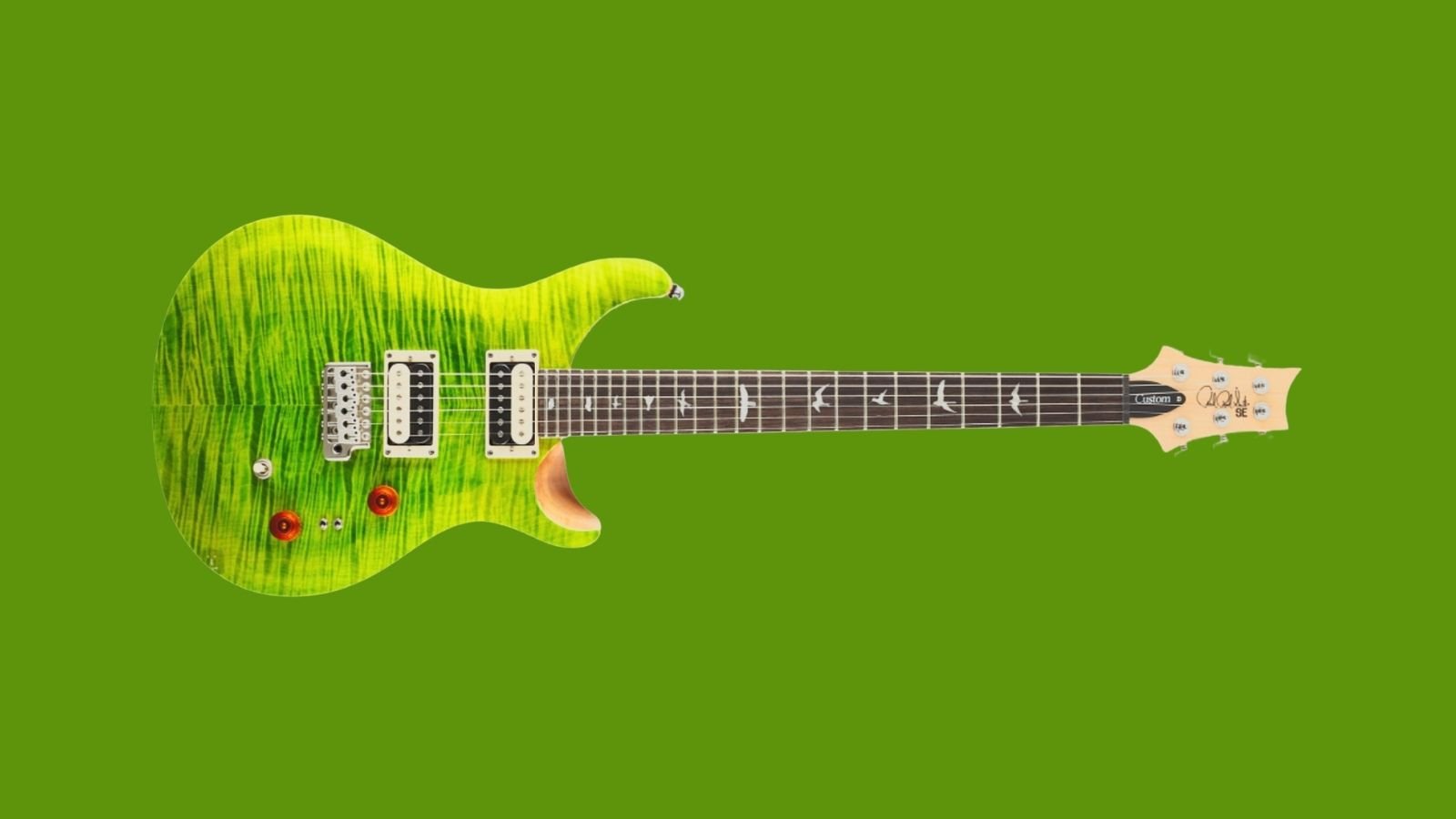
Paul Reed Smith (PRS) was the first truly boutique model to break through the marketplace and take a dent out of the big few guitar manufacturers is Paul Reed Smith. It was established in 1985, which is quite late, by Paul Reid Smith in Stevenson, Maryland.
Instruments were certainly synonymous with the highest quality you could imagine in a relatively expensive but not impossibly expensive package. I remember the first time I saw a PRS in person, at the TREMENDOUS guitar shop McKenzie River Music in Eugene, OR—a local haunt for my father and me. At the time, it was like seeing a perfect instrument.
8. Epiphone
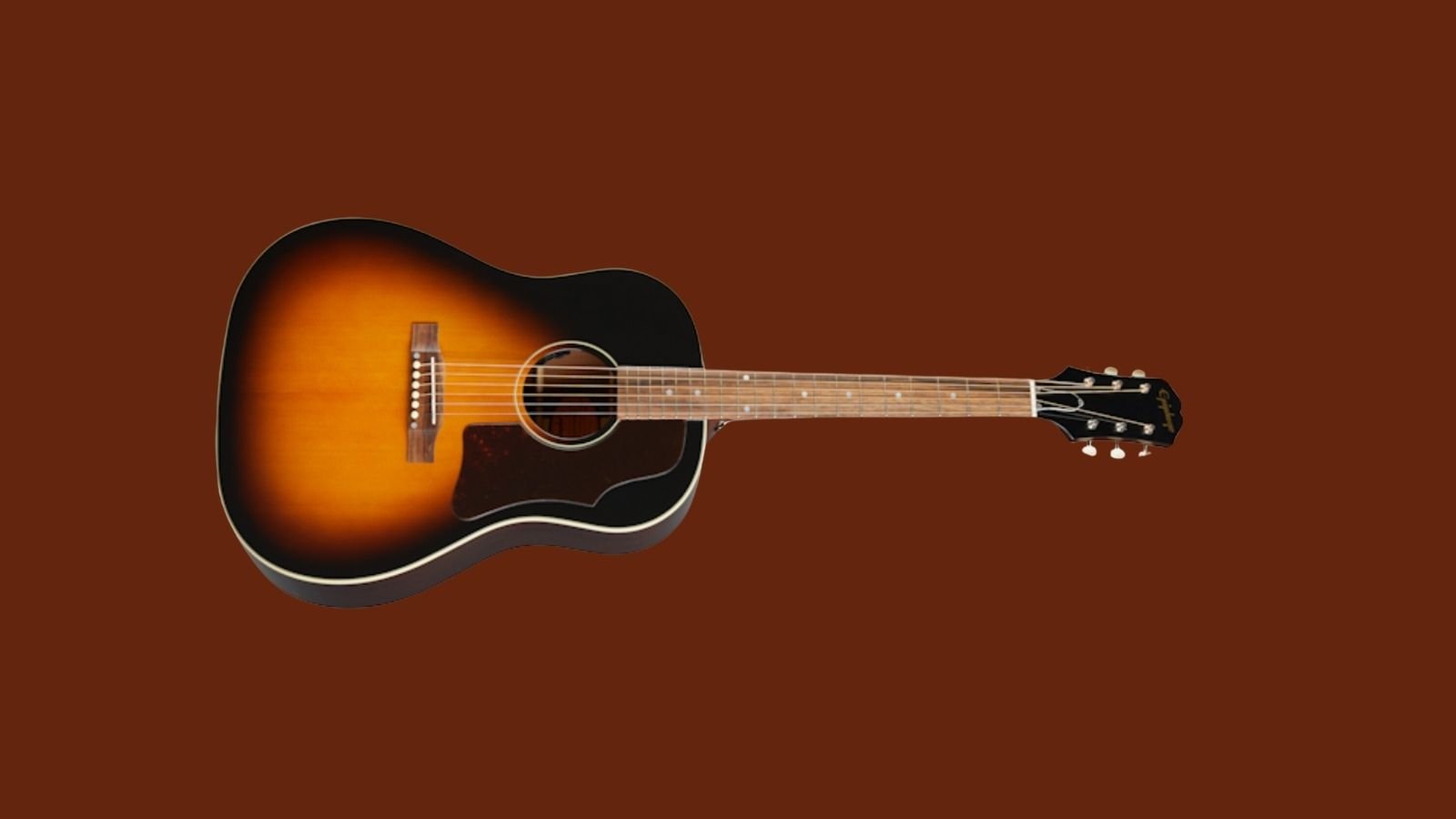
Perhaps Epiphone is the true granddaddy of granddaddy guitar brands, but after it was acquired by Gibson and forced to make their low-quality quality and student models, most of the name and what it stood for were lost in common parlance. It was founded in 1873 by Anastasios. Stathopoulous in Smyrna, Ottoman Empire (Now Izmyr in Turkey).
However, anyone who is anyone knows that the classic Epic is, to this day, some of the finest Hollow Body ever to be made. There is nothing quite like having a big jazz box under your arm and feeling the full acoustic resonance mixed with the fastest neck you could imagine.
9. Gretsch
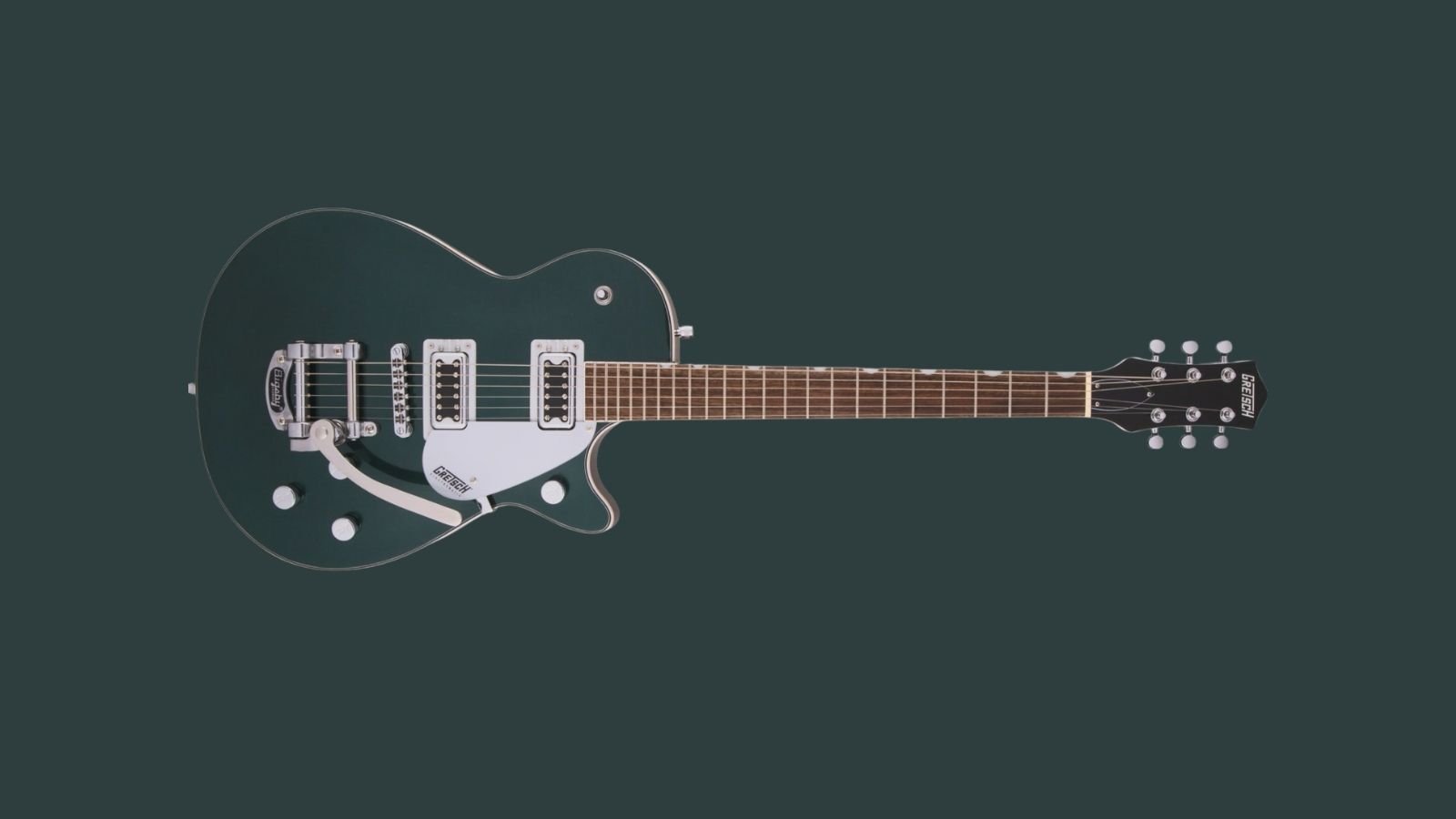
Representing Brooklyn and establishing 1883 by Frederich Gretsch, Gretsch are announced for their distinctive hollow body guitars. These instruments are synonymous with early rockabilly and chat Atkins.
I like to think of these as the Lincoln town car of guitars—regal and huge but incredibly comfortable. Spend an afternoon with one of these beauties, and you’ll realize why they were so popular.
10. Schecter
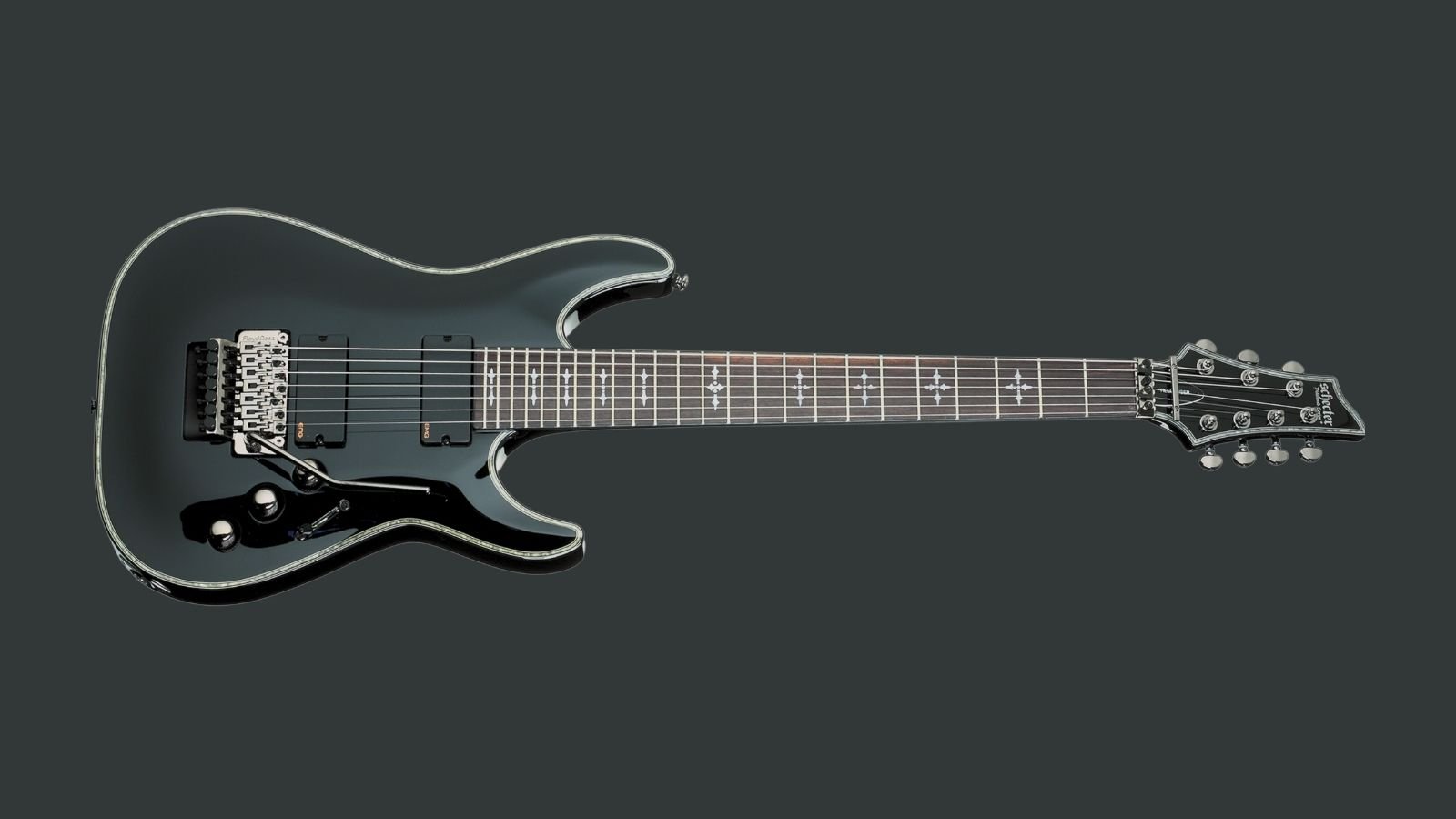
Representing the impossible-to-deny brand of electric guitars, you have to play these to understand why they are so special. Sure Schecters might look kind of goofy. And yes, as soon as you pick one up and see yourself in the mirror, you will grow a goatee and want to start playing in a NuMetal Band.
However, looks are not everything. Versatility is king to some. You will not find a better playing that is more reliable, perfectly crafted, with the flattest neck and the brightest pickups, and that also has a perfect bridge. These guitars can do almost anything, especially for those of us who have to travel to gigs by plane — you can very easily on the neck and put the whole thing in a suitcase.
11. Jackson

Jackson wwas established by Grover Jackson in California. They quickly gained recognition for high-performance, high-gain bases, and guitars but especially gained favor because of their looks.
I remember the first time I saw Guitar World magazine—Randy Rhoads standing with his special edition on the cover before his death. These instruments were fantastic to look at and especially great if you loved to practice standing up—because even in the year 2024, there’s not a great way to practice sitting down with a flying V. Buyer beware.
12. Washburn
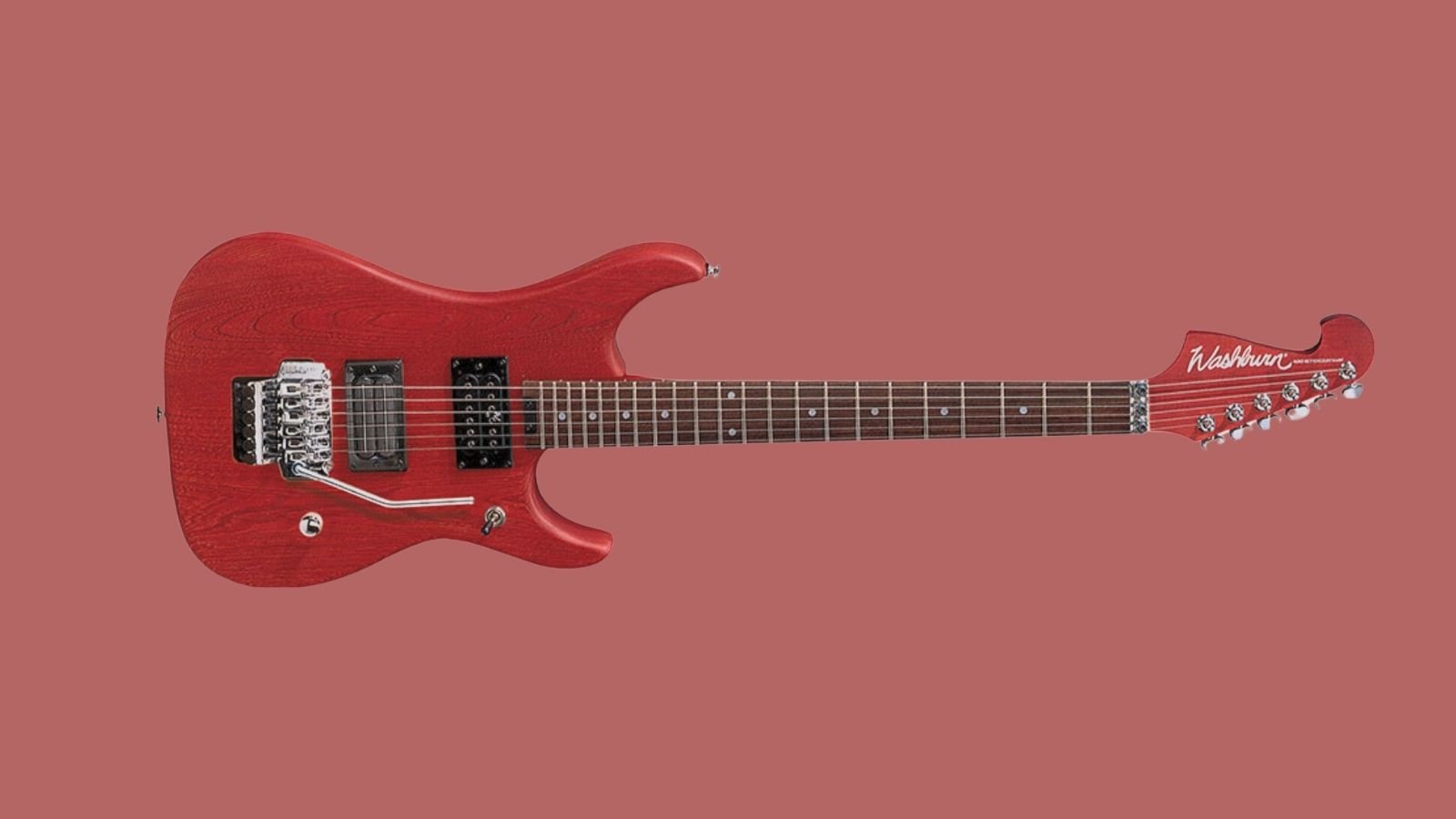
Washburn was founded a lot earlier than most of you think, in 1883, by George Washburn Lyon and Patrick J Healy in Chicago, Illinois. They produce a lot more than just shred guitars.
They make acoustic guitar bases and instruments with impossible-to-define shapes. If you’ve ever wanted to play a polygon that looked like it had melted in the microwave but would also beat you up and take your lunch money, these are the instruments for you.